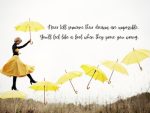Last updated on July 5th, 2022 at 02:16 pm
This past week while working on my memoir, I was surprised to have been given lessons in life by movie legend Lauren Bacall.
How many times has this happened to you? You pick up a magazine you wouldn’t normally pick up start reading something you’re not particularly interested in and suddenly the printed lines jump up off the page and start shaking you by the collar?
Happens to me all the time.
For example, for months I’ve been thinking of re-issuing the Toxic Mom Questionnaire. I originally created it as a research tool to better inform myself about toxic moms. But I wondered: what if I expanded it and created a tool for daughters of toxic moms that is a starting point for self-examination, for writing, for creating a clear vision of what actually happened? Mmmm.
It needed some tweaking, I knew. I had to ask more:
- What do you know about your own mother’s relationship with her mother?
- What do you know about the months leading up to your mother being pregnant with you?
- Did your mother suffer any personal traumas when she was young?
I’ve been mulling this over and over and struggling with it. So, there I am, Vanity Fair in my lap and Lauren Bacall is talking about being married to Humphrey Bogart and that they had a son, Steven, who later wrote a biography about his father. She says to writer/interviewer Matt Tyrnauer:
“Steve always felt that nobody could be as perfect as I said Bogie was,” Bacall tells me. “But I never said he was perfect because God knows he was not. Who would want to be married to somebody perfect? I wouldn’t. I think Steve got a lot of things wrong,” she continues, “because he wasn’t there, (but) writing the book made him feel good.”
This long quotation on page 337 of the March edition of Vanity Fair carries on — and I read it — but I went back and re-read the portion I’ve included here several times.
“Steve got a lot of things wrong,” she continues, “because he wasn’t there, (but) writing the book made him feel good.”
As I’ve been working on my memoir and story collection I’ve often wondered what I have right and what I have wrong. My therapist has taught me that childhood memories must be filtered through a sieve of adult logic. As a reporter, I believe in research and talking to witnesses, and collecting too much data, scraps, old letters, and black and white photographs — more than I’ll ever need.
I think a lot of us get it wrong when we remember our toxic mothers. We have to. As children hard-wired to love no matter what, we don’t see the adult issues at work in a family.
Think about how you explain your mother and family to others. I’ve found that often my words are so childlike. Daddy left. My mother wouldn’t open the door. I waited and waited and nobody came. And we never saw her again. We weren’t allowed to ask.
After nearly a solid year of thought on the topic of daughters who grow up sane and happy despite having toxic mothers, I’m just beginning to truly realize that every person gets a lot wrong about their childhoods. In some cases, we give our parents too much credit, too much gratitude, and too much silence. Other times we stew and stew and stew and avoid ultimately pinning down what happened.
We silence ourselves.
Yeah, Steven Bogart may have gotten some of it wrong, but at least Steven tried. And to Betty Bacall’s credit, she does say lower in the interview that she wished Steve had talked to her more; asked more questions.
And it makes me realize that trying to gather objective information about your parents; your family; is a big part of understanding how you survived a less than ideal childhood.
It’s why what used to be the please fill out my questionnaire needs to morph into something that each user can tailor to serve their needs on a personal journey of discovery.
With a little luck and lots of help from my Webmistress, next week we will be unveiling a tool for examining your life experience called “Ask Yourself: 20 Crucial Questions for Daughters of Toxic Mothers.”
Here’s my hope: Even if you don’t write any answers down. Even if you never confront a parent or share it with a sibling, “Ask Yourself: 20 Crucial Questions for Daughters of Toxic Mothers” will give you a starting point for one of life’s biggest struggles: figuring out who you are in relation to your mother and why.
Rayne Wolfe
 | 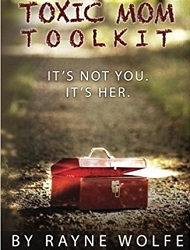 | 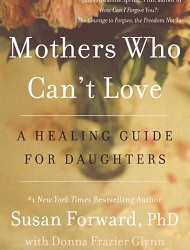 | 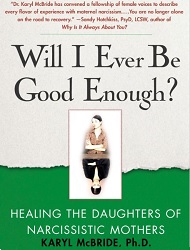 |
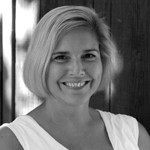
Rayne Wolfe is a versatile and accomplished writer, author, writing coach, and freelancer. Her notable work includes ‘Toxic Mom Toolkit,’ a memoir that not only shares her personal journey but also features mini-stories from women around the globe who, despite facing the challenges of a toxic mother, have grown into resilient adults. As a seasoned journalist, Rayne has served as a former business columnist for the San Francisco Chronicle/Examiner Sunday and the Seattle Times, showcasing her ability to distill complex topics into engaging narratives that resonate with diverse audiences.
Note: Articles by Rayne may contain affiliate links and may be compensated if you purchase after clicking on an affiliate link.

